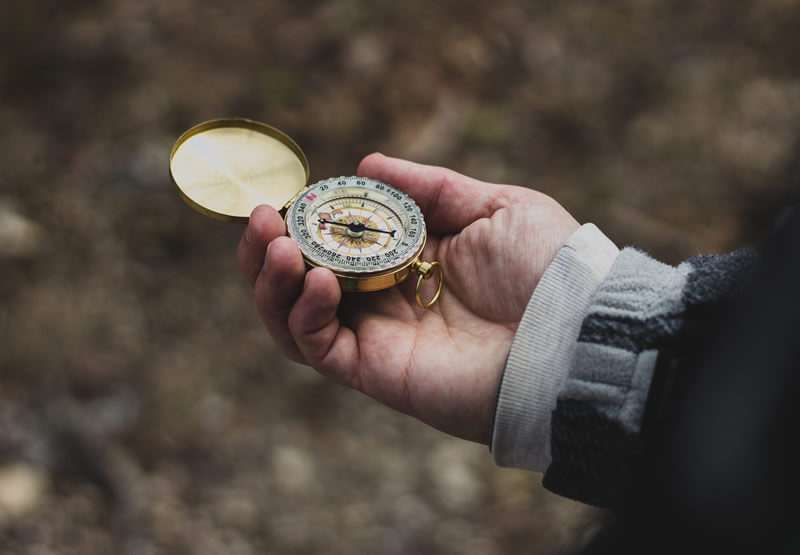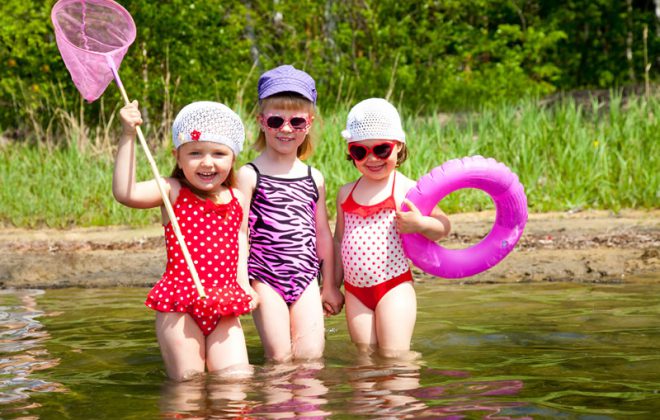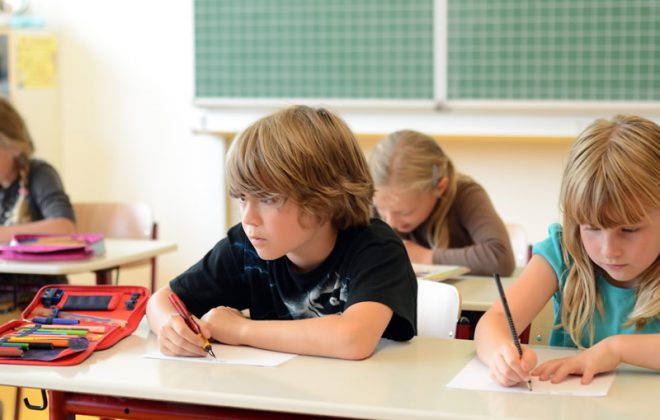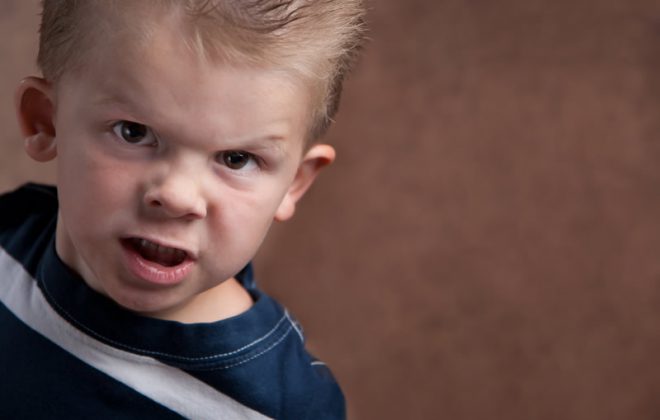Ep32 – Ethics, Values and Handing Over
I just love watching her grow. I never realised before I was a parent just how unique every child is. I just assumed she was going to be just a mixture of my husband and myself, but she really is he own little self. I adore the fact she is now taking on the role of helping others. I really want her to be a good person, to be happy about herself and who she is.
Key points
- Teach our children ethics and values, at an early age.
- Remember your child may also be a parent one day.
- Respect for others is a learnt behaviour.
Out into the world
Ok, let’s assume we are wonderful parents. We’ve identified our child’s temperament, their strengths and weaknesses. We’ve fostered these, allowing their strengths to flourish and their weaknesses to not stand in their way.
We’ve reflected on our own baggage, and avoided the pitfalls and mistakes from our own upbringings, performed some serious self-reflection and figured out how our own strengths and weaknesses can help or hinder our effectiveness as a parent.
We’ve communicated with our child in a mostly positive fashion, and encouraged them to contribute to conversations and decisions. We have praised our child meaningfully rather than effusively, and also instructed them with judicious use of discipline.
We have taught them how to approach problems constructively, how to deal with success and failure, and have provided them with a sense of self, family and home through traditions and special times.

What now?
We send them out into the big wide world.
If we have done our job and helped them and taught them, they can extend this to helping and teaching others — they can become the mentor or teacher. This, from our child’s point of view, is insurance against poor self-esteem or anxiety – they feel more competent, more able to deal with the future, and the world immediately becomes less threatening.
This is about teaching our children ethics and values, and should be started at a very early age. Ethics can also be taught outside the confines of the family. Schools, clubs, churches, social groups, local communities — these are all environments where we can model and teach generosity and sharing. Unfortunately, these attitudes seem to be drifting of late. Parents are becoming more concerned with maths marks or what football team their child is in, rather than ethics and morals. As author Christos Tsiolkos laments: We have lost a sense of kindness.
Of course, our ethical and moral framework is not the product of a single momentous event. It develops through countless small exchanges throughout your child’s life, and should be first encouraged around age three, in very simplistic ways such as sharing of toys.
Encouraging helpfulness
Your child is actually hardwired to help. Unfortunately, this ‘helping drive’ can get lost sometimes in our busy and competitive world. It is essential as parents we encourage this. Provide opportunities (especially when they are little) for your kids to help you around the house, so they experience the pleasure of being useful.
In Thomas the Tank Engine this is referred to as being a ‘useful engine’. Talk about helping and model it with relatives, friends and even strangers (for example, giving your seat up to the pregnant lady on the bus). You will probably find your efforts are rewarded with enthusiasm.
We can choose the ways our kids can best help, based on their skill base — their islands of competence. For example, a child who is patient with smaller children could be asked to help entertain them at a social function, while the adults are busy.
As our kids mature and try to become their own person, they often try and distance themselves from us, even to push us away. This is all part of growing up, but we parents can sometimes interpret this newfound reluctance to help us, as a reluctance to help anybody. That’s why it’s never too early to teach our kids the value of helping others; lessons learnt at an early age are likely to remain lessons for life.
Respect for others is a learnt behaviour.
The Circle of Life
It may seem weird when you have a small child, or even are about to have one, to contemplate that your child may one day be a parent themselves. This is something I’ve observed as a family doctor and it can be quite lovely.
In the Disney movie The Lion King the circle of life theme is well drawn. They use the Swahili phrase ‘Hakuna Mutata’ as one of the main song titles, which means, basically, ‘No problem, relax.’ It is similar to the concept of a secure attachment; that everything is ok, Mum (or somebody) is here and the world is safe.
We all have baggage that influences our parenting, and our children have their individual temperaments to bring to the equation. Eventually, after a few decades of shared experiences, they grow up and fly the coop.
All of that work, all of that effort, is not forgotten. We, through a few decades, have put a whopping great handprint on them. They now have their own baggage — hopefully more good than bad — that we have helped hand to them. The circle is complete.
If we can stand on our own two feet, it is because others have raised us up. If, as adults, we can lay claim to competence and compassion, it only means that other human beings have been willing and enabled to commit their competence and compassion to us—through infancy, childhood, and adolescence, right up to this very moment.Urie Bronfrenbrenner
It is in many ways the opposite of the ‘self-made man’ (or woman) theory. Parenting is an intimate relationship, not a series of tasks to be ticked off. If we want our child to develop competence and compassion, we must help hand these attributes to them.
Through a secure attachment and unconditional love, through guidance and warmth, we aim to steer our baby into the child and adult that they and we want them to be.





